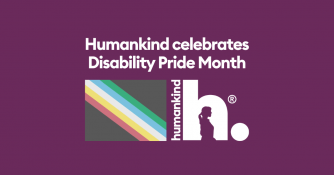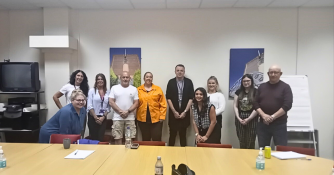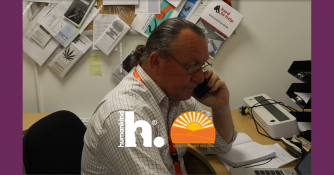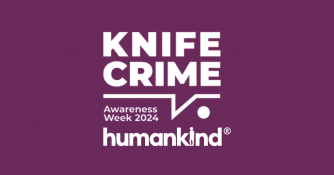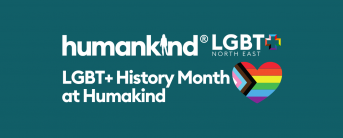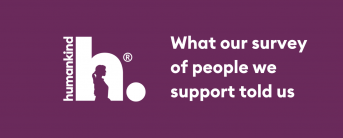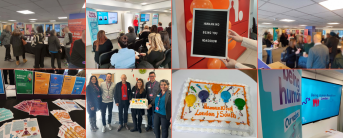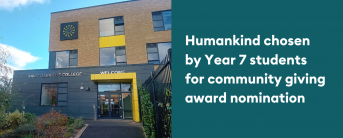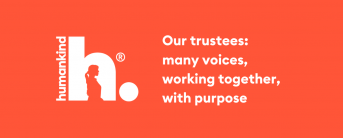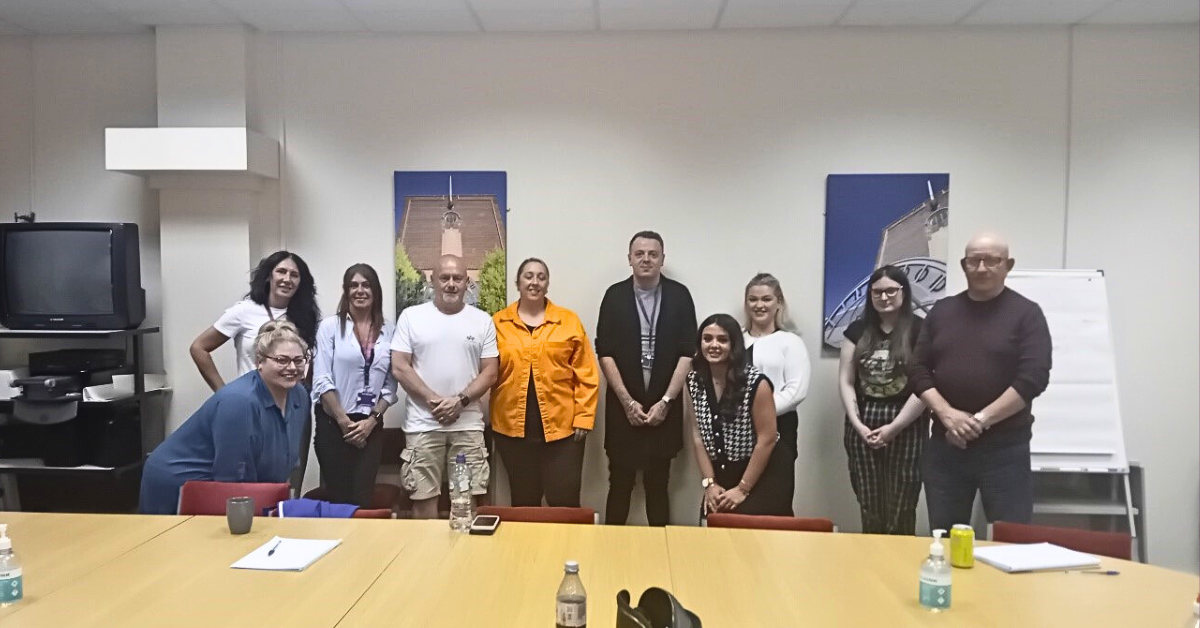
Stacey Taylor from Humankind’s Community Diversion service writes about their recent experience meeting with Tanya and Simon Brown, who lost their son Connor due to knife crime.
As part of Knife Crime Awareness Week, we were privileged to be able to host Connor Brown’s parents, Tanya and Simon. They gave a talk about knife crime and the impact it has had on them personally after they lost their son. They shared the devastating story of how their son was taken away from them in 2019, due to being stabbed multiple times on a night out after trying to diffuse a fight.
Tanya and Simon spoke further about the work they do alongside Samantha’s Legacy, another trust set up in memory of a young person who tragically lost her life to knife crime. While the charities are in two different locations – Connor Brown’s Trust in Sunderland and Samantha’s Legacy in Newcastle – they stand as united organisations.
Connor Brown’s Trust delivers workshops to young people, to show the personal impact that knife crime has on people. They put the word ‘impact’ into a completely different perspective for people by asking who the first person is we think of in the situation of a knife crime attack. The first answer is normally ‘the victim’ and the second answer is normally ‘the victim’s family and friends’.
During the workshops, however, they explain that there is also the perpetrator, the perpetrator’s family and friends, witnesses, witnesses’ families, the police, and emergency services. This completely broadens everyone’s perspective on how many people can be affected by a singular incident and the subsequent ripple effect.
Connor Brown’s Trust also details what they believe to be the main factors that influence young people to carry knives, such as peer pressure and social media influence. Tanya and Simon shared that one of the main questions they ask young people during the workshops is ‘What do you do if you find a knife?’ and follow up by explaining the right procedure to follow.
Tanya and Simon also educate young people about what can constitute as a weapon. This helps to open young people’s eyes to the wide range of items that are classed as an offensive weapon – not just knives. Things such as scissors, screwdrivers, and broken bottles.
Tanya and Simon also raise awareness of an anonymous reporting website, Fearless, where anyone can report a crime without being identified or contacted for further information. This website is a great resource for us to educate people who attend our Community Diversion service, allowing them to feel more comfortable reporting something they are worried about.
Tanya and Simon shared information about the community hub they are currently building in Pennywell as part of their trust. They also described a scheme they piloted with 17 young people where, through virtual reality, they were able to observe the actual crime scene where their son Connor was attacked, as well as visit the courts and cells and meet with a vascular surgeon. They provided guidance on how to treat wounds and raised awareness of where the nearest bleed kits are in their communities, while also allowing the young people to meet police officers, inspectors and sergeants. Tanya and Simon have also created a map where you can locate your nearest bleed kit in the area.
Our Community Diversion Service team found Simon and Tanya’s work truly inspirational, and there wasn’t a dry eye in the room as they told their story. The work and messages they share will inform the team’s work. It is admirable how they have taken such a devasting and tragic event and used it to power them to change so many other people’s lives.
